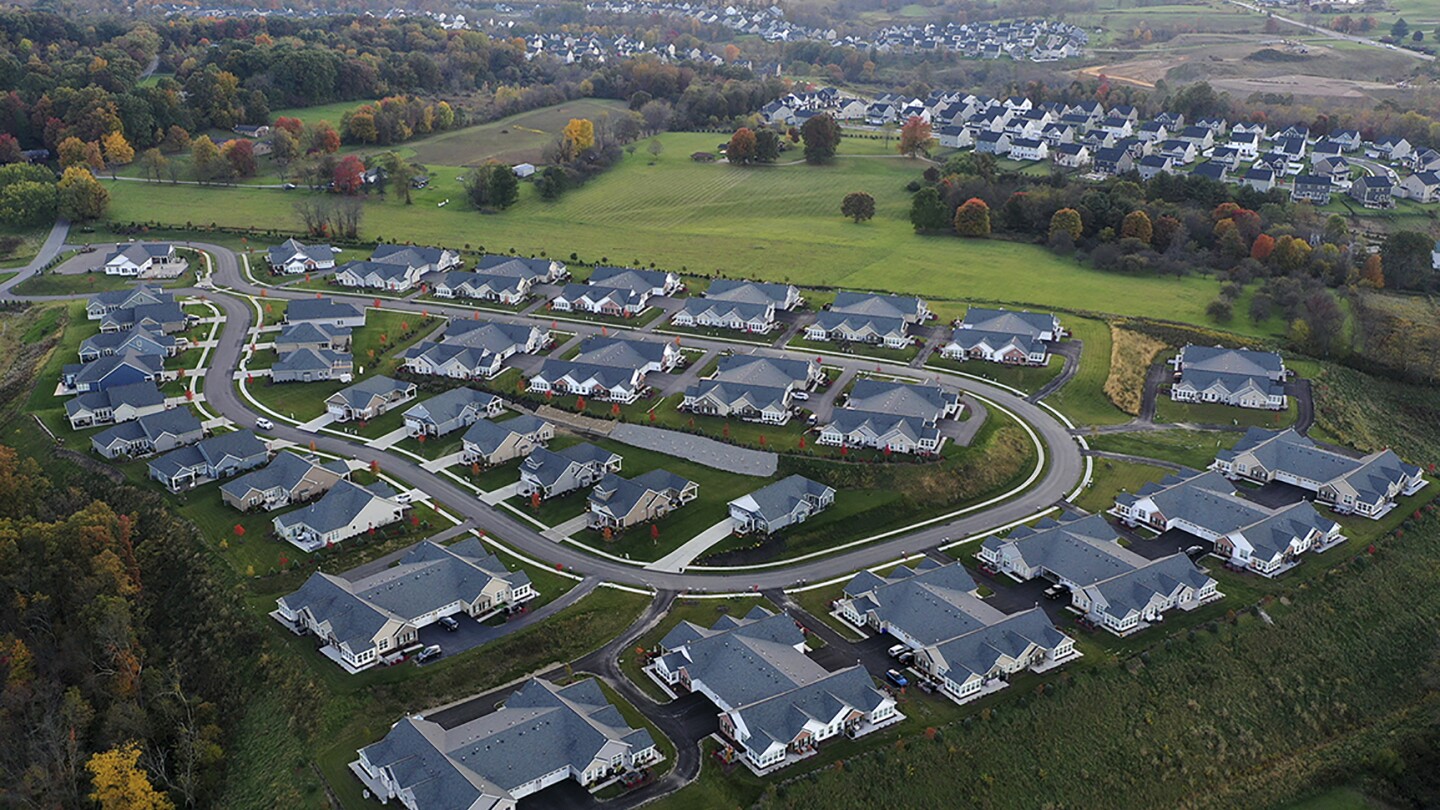Sales of previously occupied U.S. homes in September fell for the fourth month in a row, grinding to their slowest pace in more than a decade as prospective homebuyers grapple with surging mortgage rates and a near historic-low level of properties on the market.



Same in UK. Going from <2% to >5‰ has been a kick in the teeth.
However you buy knowing this is the case and you should financially plan for an eventuality of double or triple rates, which I did.
It might sound barbaric, but when people were getting a dropped rate on a new deal every 2 years for over a decade, I didn't hear any complaints. The scale rises and falls on both sides!
We have those too. You can get a fixed rate or flexible rate. The flexible is always a little lower than a fixed due to the nature of it. Everyone in the US sensed rates were near the bottom though, and refinanced to fixed 3% two years ago.
Ah interesting. You only ever hear about whole term fixed rates here, with regards to US.
It is very interesting, I had no idea fixed rates are only a thing here. I couldn't afford my current house if rates went up. That's why a lot of first time buyers become house poor. They are willing to stretch their finances to get an expensive first house, knowing that their income will increase over time decreasing the cost of their house comparitively. It's also why the existing housing market supply is essentially gone in the US. Everyone with a fixed 3% will never sell. It's as close to a free loan as it gets. Inflation is already shrinking what I owe in comparison to present day value by more than my interest rate. There is zero reason to sell my house, even if I couldn't afford it for some reason, it makes more sense to rent it out to keep this loan.